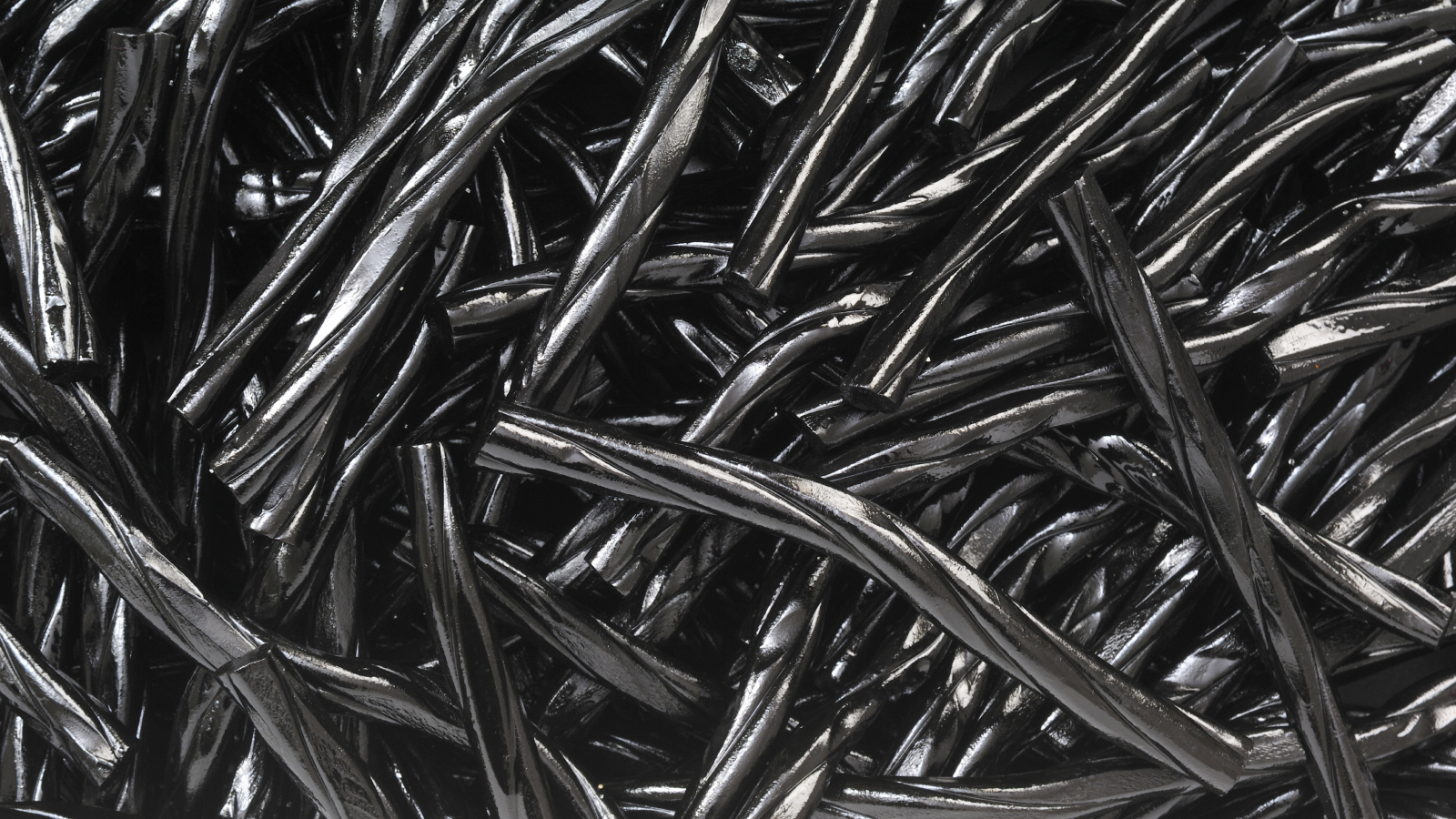Polymers, Vol. 15, Pages 2504: Durability of Polymer-Modified Asphalt Mixture with Wasted Tire Powder and Epoxy Resin under Tropical Climate Curing Conditions
Polymers doi: 10.3390/polym15112504
Authors: Kyung-Nam Kim Tri Ho Minh Le
The quality of pavements in tropical climates is negatively affected by the frequent wet and dry cycles during the rainy season, as well as by issues related to overloading from heavy trucks and traffic congestion. Contributing to this deterioration are factors such as acid rainwater, heavy traffic oils, and municipal debris. In light of these challenges, this study aims to assess the viability of a polymer-modified asphalt concrete mixture. This study investigates the feasibility of a polymer-modified asphalt concrete mixture with the addition of 6% crumb rubber powder from waste car tires and 3% epoxy resin to counter the harsh conditions of tropical climate weather. The study involved subjecting test specimens to five to 10 cycles of contaminated water (100% rainwater + 10% used oil from trucks), curing for 12 h, and air drying in a chamber of 50 °C for 12 h to simulate critical curing conditions. The specimens underwent fundamental laboratory performance tests such as the indirect tensile strength test, dynamic modulus test, four points bending test, and Cantabro test, as well as the double load condition in the Hamburg wheel tracking test to determine the effectiveness of the proposed polymer-modified material in actual conditions. The test results confirmed that the simulated curing cycles had a critical impact on the durability of the specimens, with the greater curing cycles leading to a significant drop in the strength of the material. For example, the TSR ratio of the control mixture dropped from 90% to 83% and 76% after five and 10 curing cycles, respectively. Meanwhile, the modified mixture showed a decrease from 93% to 88% and 85% under the same conditions. The test results revealed that the effectiveness of the modified mixture outperformed the conventional condition in all tests, with a more prominent impact observed under overload conditions. Under double conditions in the Hamburg wheel tracking test and a curing condition of 10 cycles, the maximum deformation of the control mixture sharply increased from 6.91 to 22.7 mm, whereas the modified mixture increased from 5.21 to 12.4 mm. Overall, the test results confirm the durability of the polymer-modified asphalt concrete mixture under harsh tropical climate conditions, promoting its application for sustainable pavements, especially in Southeast Asian countries.

 1 year ago
36
1 year ago
36


